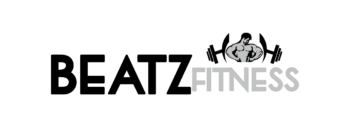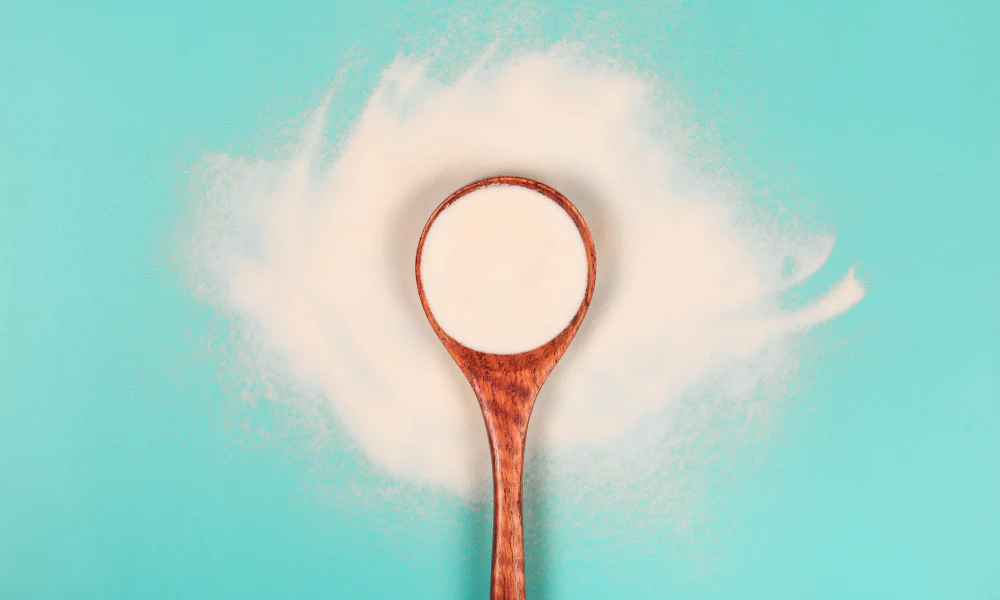You’ve probably heard the buzz around collagen—glowing skin, stronger joints, thicker hair. But how do you actually know if your body is running low on this vital protein?
The truth is, collagen loss begins earlier than most people realize. Starting in your mid-20s, your body begins to produce 1–1.5% less collagen every year, and by your 40s and 50s, the signs can no longer be ignored.
If you’re wondering whether collagen supplementation might be right for you, here are 10 clear signs your body is asking for help—and how drinkable collagen can make a real difference.
1. Fine Lines and Wrinkles Are Showing Up Faster
The most obvious—and frustrating—sign of collagen loss is the appearance of fine lines, especially around the eyes, mouth, and forehead. Without collagen, your skin loses its firmness and elasticity, making wrinkles more prominent.
A high-quality collagen supplement provides the amino acids your body needs to rebuild the dermal layer and smooth out the skin’s texture from within.
2. Your Skin Feels Dry and Dehydrated
Collagen isn’t just about structure—it also helps skin retain moisture. If your usual moisturizer isn’t cutting it and your skin still feels dry, tight, or flaky, low collagen levels might be the cause.
Hydrolyzed collagen, especially when paired with hyaluronic acid and vitamin C, helps restore skin hydration and improve the skin barrier function over time.
3. Your Joints Ache or Feel Stiff
Collagen is a key component of cartilage, which cushions your joints and allows smooth movement. As collagen declines, you may notice stiffness, discomfort, or even pain in your knees, hips, and shoulders—especially after exercise or waking up.
Supplementing with collagen can reduce joint inflammation and improve flexibility, helping you stay active without discomfort.
4. Wounds or Breakouts Take Longer to Heal
Whether it’s a scratch, acne mark, or small cut, if your skin seems to heal slower than it used to, your body may not have enough collagen to regenerate tissue efficiently.
Studies show that collagen supplementation helps accelerate wound healing, reduces scarring, and supports skin recovery—making it especially useful if you suffer from acne or post-inflammatory hyperpigmentation.
5. You’re Losing Hair or Noticing Thinning
Hair health depends on the strength of your follicles, which are supported by collagen-rich dermal tissue. If you’re seeing more hair in your brush or your hairline is thinning, collagen loss might be contributing.
By providing amino acids like proline and glycine, collagen helps strengthen follicles and support thicker, fuller hair growth.
6. Your Nails Are Weak and Brittle
Struggling with peeling, soft, or easily breakable nails? This is a classic sign of insufficient collagen and keratin support.
Drinkable collagen has been shown to increase nail growth rate, reduce brittleness, and improve overall nail appearance within a few weeks of daily use.
7. You Feel Stiff After Exercise or Recovery Is Slower
Recovery after workouts isn’t just about protein—it’s also about connective tissue repair. If you feel sore for longer than usual or experience tendon discomfort, your collagen levels may be too low to fully support recovery.
Consistent collagen supplementation supports tendon health, joint mobility, and muscle regeneration, especially when taken pre- or post-workout.
8. Your Skin Looks Dull or Uneven
A youthful glow comes from healthy collagen levels. If your skin looks dull, grayish, or uneven despite a good skincare routine, the issue might be internal.
Collagen helps increase circulation and skin cell turnover, promoting a radiant complexion that doesn’t rely on makeup or external treatments.
9. You’ve Had a Major Weight Loss or Are Aging Rapidly
Rapid weight loss, menopause, or aging in general can accelerate the breakdown of collagen and leave the skin sagging or loose, particularly in the face, neck, and arms.
Supplementing with collagen helps improve skin density and elasticity, reducing the “deflated” look that often follows significant body changes.
10. You Want to Prevent Aging Before It Starts
The best time to take collagen isn’t when aging is obvious—it’s before it begins. People in their 20s and 30s can benefit enormously from starting collagen early, preventing the gradual breakdown of skin and joint tissues over time.
Collagen supplementation is a long-term investment in aging well, not a quick fix. Starting now helps your body stay strong, smooth, and vibrant into your 40s, 50s, and beyond.
What to Do If You Recognize These Signs
If one or more of these symptoms sound familiar, your body is probably ready for collagen support. But not all supplements are created equal.
Look for:
- Hydrolyzed marine collagen peptides for high absorption
- Type I collagen (best for skin, hair, and nails)
- Vitamin C and zinc, which are essential for collagen synthesis
- Hyaluronic acid for skin hydration
- A liquid format for convenience and bioavailability
One trusted, all-in-one option is collagene da bere—a premium drinkable supplement formulated to improve skin, joints, hair, nails, and overall wellness. With consistent use, it helps your body regenerate what time and lifestyle naturally take away.
Final Thoughts
Collagen isn’t just a beauty trend—it’s a structural necessity. If you’re noticing signs like dryness, wrinkles, slow recovery, or thinning hair, it may be your body’s way of asking for support.
Instead of chasing solutions for individual problems, try addressing the root with a daily dose of high-quality collagen. It’s a simple, science-backed way to feel stronger, look fresher, and age more gracefully.
Whether you’re in your 20s or 60s, collagen can play a powerful role in how you feel in your skin. And with a product like collagene da bere, giving your body what it needs is as easy as a sip a day.



Comments are closed.